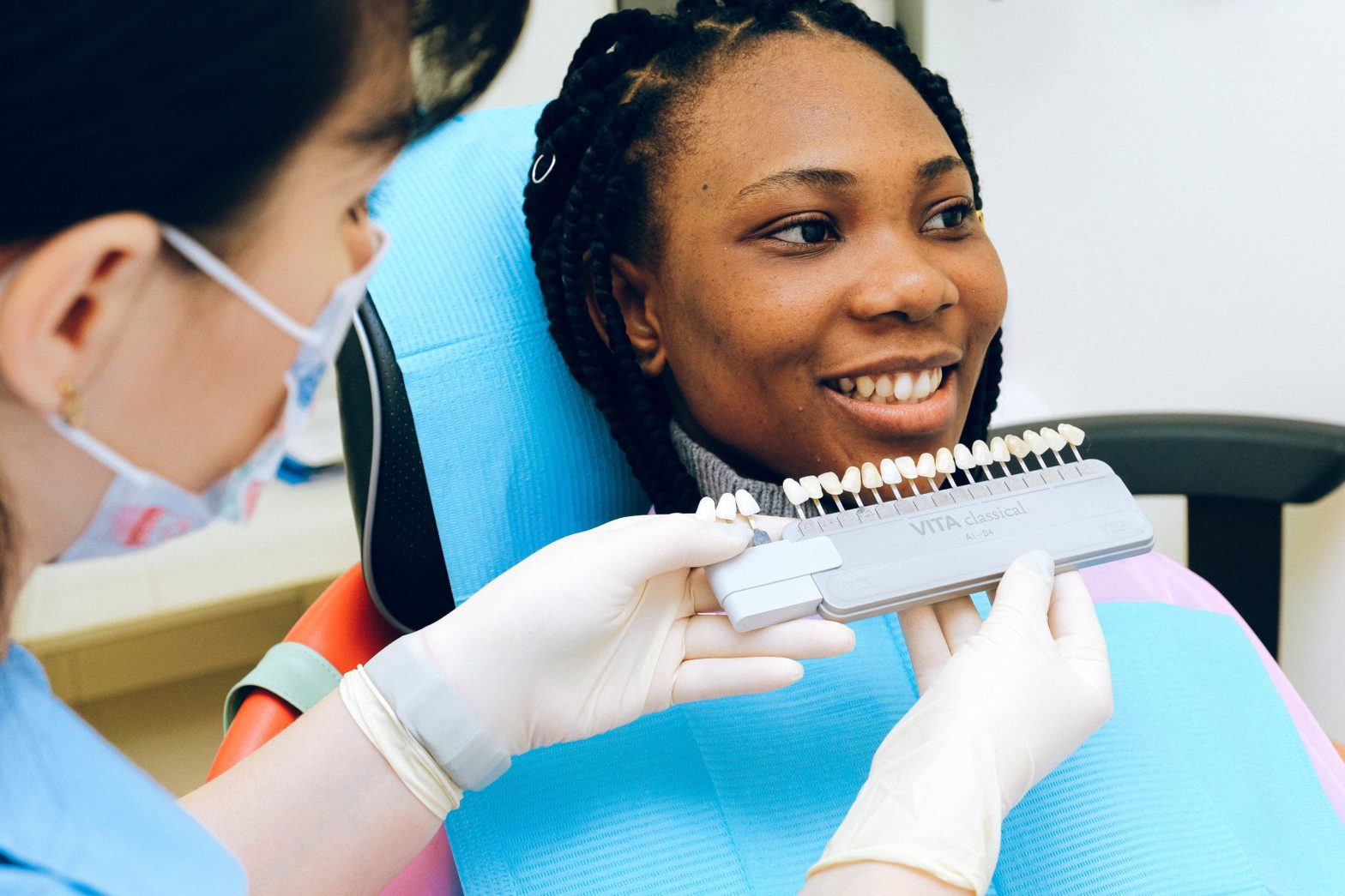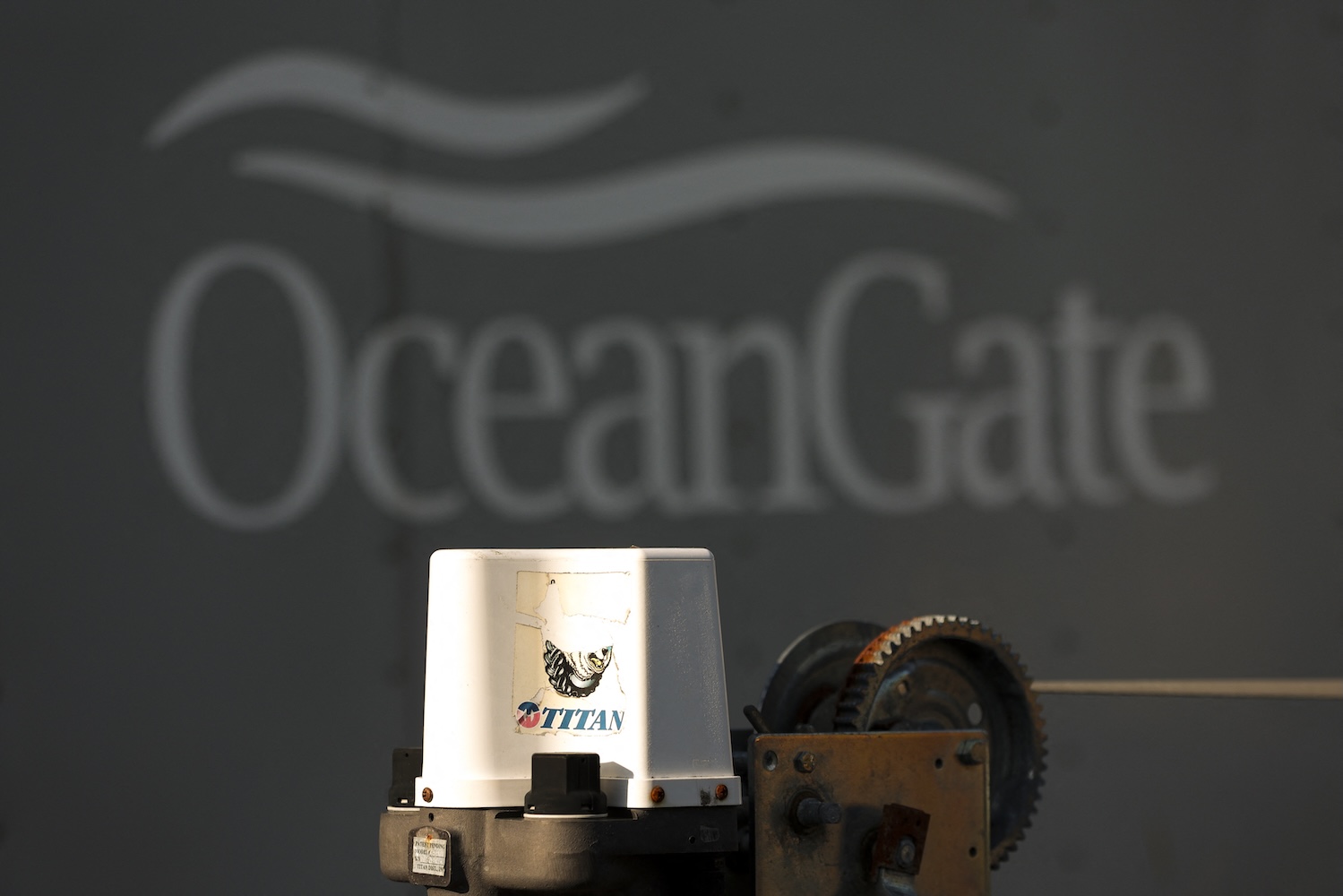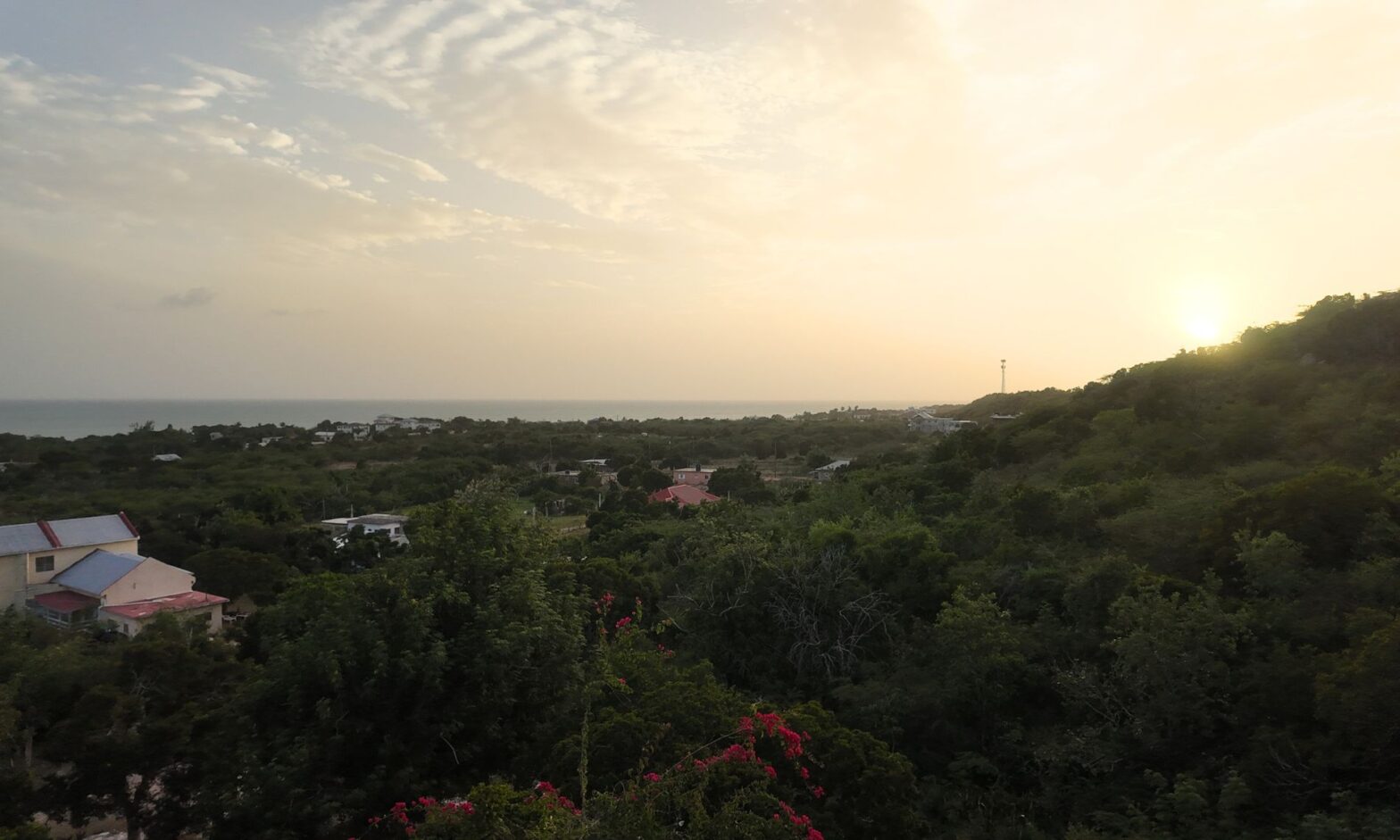When Royal Williams, 32, moved to Colombia in 2013 to be a volunteer English teacher, she had no idea the relocation would be the beginning of her journey in the world of medical tourism. In fact, William had absolutely no clue what the term even meant. But as she started to wrap up her teaching contract, she began looking for reasons to stay in the country. She settled on getting dental work abroad and, after doing some research, decided to get braces.
The procedure would require her to remain in Colombia for an additional year and a half. For years, Williams had issues with her smile. She felt like her teeth were too small and her gums too large. So when the orthodontist suggested composite veneers, she was all in and left the dentist’s office with braces and eight new teeth.
“They did really good work and I was like ‘Okay, I think Colombia has really good orthodontists’ and it all started with getting the veneers,” Williams said.
Since that initial procedure, Williams has gone down a medical tourism rabbit hole while residing in Colombia. She has had a variety of medical and dental procedures done including gum cutting, teeth cleaning, and cavity fill-ins, and is no stranger to getting work done abroad.
Most recently, Williams replaced her composite veneers with stain-resistant, no prep, porcelain veneers in February 2021. Over a year later, her teeth look amazing and she has no worries or hesitations about getting dental work abroad.
Williams believes getting dental work abroad is a possibility for anyone who is interested. However, there are a few things to remember before scheduling your appointment and booking a flight. Here’s everything you need to know about getting dental work abroad directly from a Black expat who has experienced it firsthand.
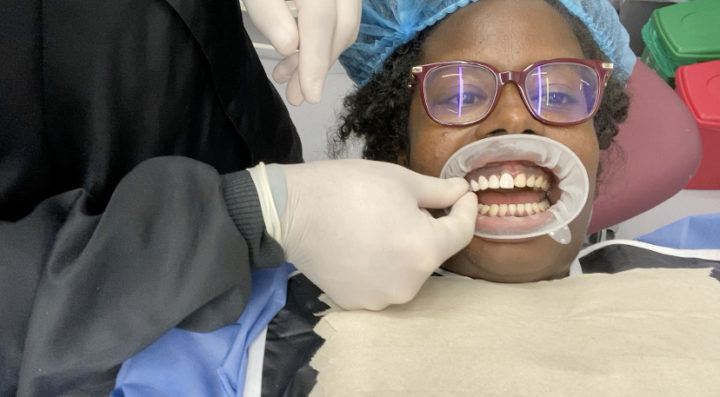
1. Don’t Rush the Research Process
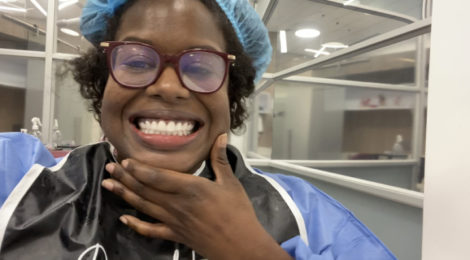
Before getting her porcelain veneers last February, Williams had spent nearly a decade researching veneer placement techniques and procedures before taking the next step. She spent ample time scrolling through doctors’ Instagram pages and websites and even set up multiple orthodontic consults in the US, Colombia, and Ecuador before she ever booked an appointment.
For years, the standard procedure for getting porcelain veneers was to shave down your own teeth to have them placed on. Williams never wanted to go this route. So when she discovered the no-prep veneers that didn’t require her to damage her own teeth, she spent hours searching for a doctor who specialized in the technique.
“I heard about this technique called no-prep veneers and that they were doing it in Colombia so I started researching,” she said. “And I actually went on Instagram to find doctors using different hashtags.”
Williams’ research extended far beyond Instagram and Google. She also watched a ton of YouTube videos to get insight into the procedure and joined Black expat groups to consult with other people of color who had gotten dental work done on which doctors they’d worked with.
Long story short, don’t short-change the research process. It’s very important that when getting dental work done abroad you take time to understand exactly what you’re getting done and find a doctor that is the right fit for you and your needs.
2. Take Time to Find the Right Doctor For You
View this post on Instagram
Williams places a major emphasis on travelers finding the best doctor for them and their medical needs when getting dental work abroad. For this reason, she wasn’t comfortable with disclosing the doctor she used for her dental procedure.
“Every single person has their own needs and, for me, it was the right person,” she said. “I don’t want to recommend anybody and it not be the right person for them.”
Williams went to two different doctors for her composite and porcelain veneer procedure because she was residing in a different part of the country. However, it is important to go to a doctor who specializes in the type of procedure you need to have done.
When Williams begin to notice her composite veneers staining due to drinking coffee and eating curry, it was important to her to get a set of veneers that were more durable and stain-resistant. The porcelain set also lasted up to 20 years while composite veneers only lasted 7 years. Williams ensured she found an orthodontist who not only fit her needs but who was equipped to perform the procedure efficiently and safely.
3. Don’t Be Afraid of Getting Dental Work Done Outside of the US

We’ve all heard horror stories about botched medical procedures and surgeries happening in countries outside of the US. However, Williams encourages American travelers to take a chance on medical tourism if it is the best fit for them.
“One of the things people misconstrue, especially if you’re from the US, people think if it’s not American, it’s not good enough,” she said.
“But a lot of these doctors out here, a lot of these dentists specifically, they train in the US. So they have a really good education and certificates and they keep up with the knowledge. So as long as you can find the right people, you’re in good hands.”
Williams encourages travelers interested in medical tourism and getting dental work abroad to find patients of doctors they are interested in on social media and reach out to them to get insight into their experience. This will give you firsthand access to other people who have seen that doctor and give you the opportunity to ask questions and voice concerns.
4. Always Get Clear Pricing
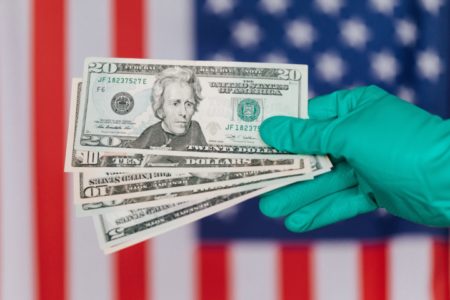
One tip Williams advises anyone seeking out medical tourism in foreign countries to abide by is getting clear pricing upfront. The last thing you want is to get a surprise bill at the end of your procedure so be sure to get the cost and pricing in writing so there are no misunderstandings between you and the medical office.
Because she booked her porcelain veneer procedure in 2020, Williams believes she received some type of “pandemic discount” since her entire procedure only cost her $5,000. However, the cost for this set of veneers in Colombia now costs up to $7,500 so ask about prices first before booking your appointment.
5. Be Prepared for Cultural Differences
Be prepared to experience some cultural differences if you decide to take advantage of medical tourism in countries like Colombia to get your dental work done. One of the biggest ones Williams notices is the difference in how Colombians treat time management compared to Americans.
Although your doctor’s appointment may be scheduled at 8 a.m., you might not be seen until 8:45 or 9. This can be a turn-off to some travelers, so she suggests researching cultural differences before booking a medical procedure in a foreign country.
Despite the differences, Williams says getting dental work abroad is worth it because of the drastic difference in cost.
“Don’t be afraid of something because it’s from a country you don’t know,” she said. “There are many good doctors out there that you’ll have access to because of the currency you’ll be using or that you’ll be able to pay with. So take advantage of the fact that you can have a really good specialist for discounted prices that you wouldn’t be able to have in the US.”
6. Set Up Accommodations Beforehand
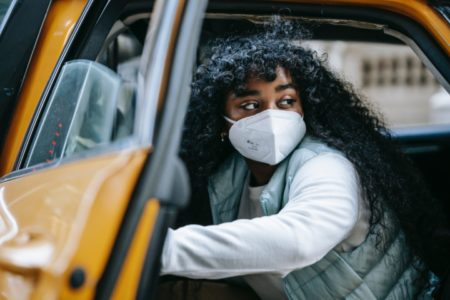
When traveling for dental work or other medical procedures, Williams says it’s important to set up accommodations in advance that will make your recovery process easier. This includes having your hotel booked not far from your procedure location as well as having your transportation set up to and from the doctor’s office.
The last thing you want to be doing is trying to secure a ride after just having new veneers installed. So handle all of those things beforehand so you can rest after your doctor’s visit.
7. Opt Out of the Gum Bleaching
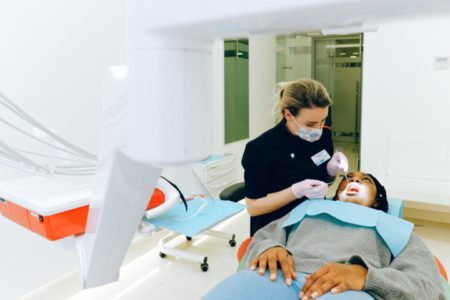
As a final piece of advice for getting dental work abroad, Williams suggests opting out of the optional gum bleaching some doctors offer after placing veneers. The last-minute procedure was offered to her when she got her porcelain set and, knowing she wanted a less gummy smile, Williams obliged.
Although the results weren’t horrible, Williams says she wishes she would have saved her money. Her gums are already starting to reverse to their natural color and some of her followers even suggested the procedure recommendation may have had underlying anti-Black sentiments.
While she doesn’t feel that way, Williams would’ve chosen not to get the gum bleaching if she could go back and encourages other Black travelers to do the same unless the procedure is absolutely necessary. All in all, she is satisfied with her new smile and is sure she will get more medical procedures in Colombia.
“The most amazing thing has been just being able to smile and feel confident about smiling and having people compliment me on my smile…it’s been a nice confidence booster especially when I haven’t always been so confident about my smile,” she said.
Related: Woman Who Traveled To Turkey For Veneers Shares Her Experience
